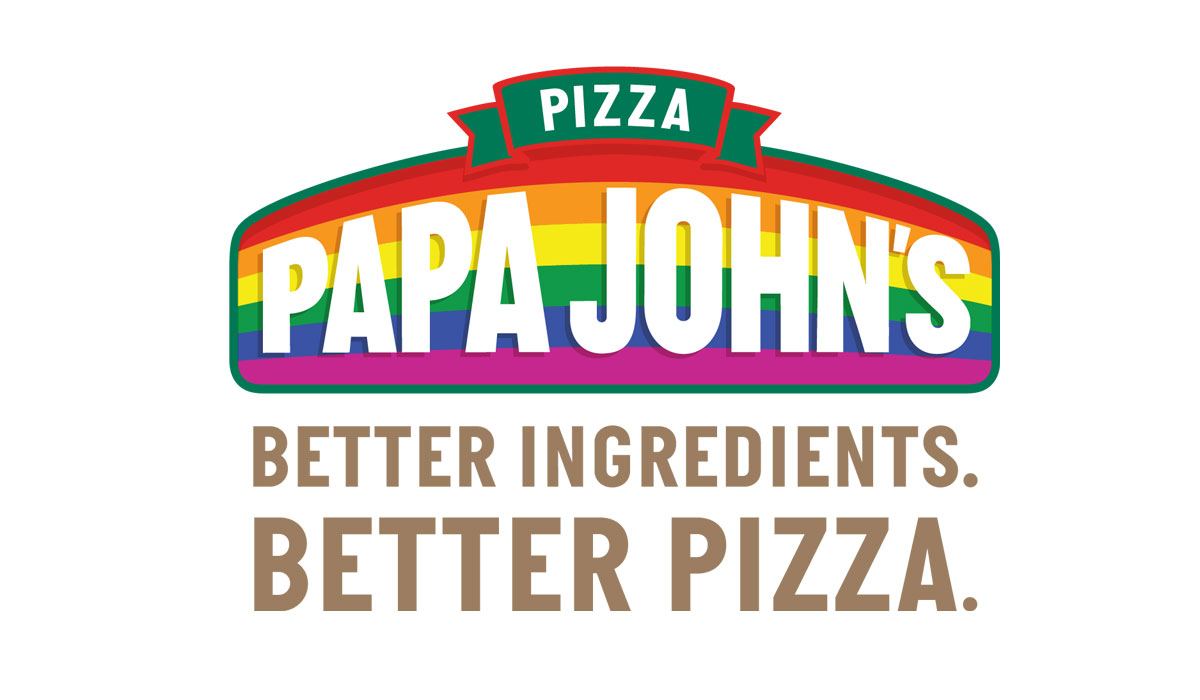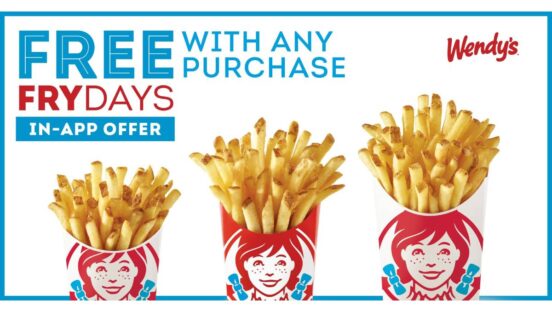It’s no secret Papa John’s has weathered storms in the past couple of years.
Following the removal of former CEO and founder John Schnatter and several allegations of misbehavior in the workplace, the company aimed to redefine its core standards.
Marvin Boakye, chief people and diversity officer, says Papa John’s instituted a new set of values in the past year, and one of the staples is the concept of inclusion. To him, that means creating a place where leaders focus on fostering a culture where all employees feel like they can bring their authentic selves to work.
In conjunction with those beliefs, for the first time, Papa John’s participated in the Human Rights Campaign Foundation’s Corporate Equality Index, a benchmark survey and report on corporate policies and practices related to LGBTQ equality. In its initial appearance, the pizza chain scored 90 percent, higher than peers in the pizza sector. According to the report, Papa John’s was one of 83 companies new to the survey.
It rates brands based on factors like workforce protections, inclusive benefits, culture and corporate social responsibility, and responsible citizenship.
“The Corporate Equality Index for us is just one example of how the company is putting the commitment to diversity, equity, and inclusion into our practice and being recognized for a strong culture that we’re creating,” Boakye says.
From a benefits perspective, Boakye says, Papa John’s has provided coverage to same-sex spouses and covered gender reassignment surgery for several years. New initiatives include designating gender-neutral restrooms in the corporate office, adding gender identity and sexual orientation to its Equal Employment Opportunity statement, adding transgender medical policy and procedure resource packages, and creating a gender transition workplace policy. Papa John’s also engaged in “lunch and learns” involving intersectional diversity and LGTBQ youth, included pride logos with marketing material, and participated in local pride festivals in Kentucky.

Papa John’s introduced a number of employee resource groups last year as well, and one of those included the LGBTQ community. Boakye says that group encouraged leadership to participate in the Corporate Equality Index and worked across the company to ensure the brand’s policies and practices support every employee.
“They really helped to make sure that we were doing things that show our commitment and that we’re working to continually improve the way that we create an inclusive culture, inclusive set of values every day with our people,” Boakye says. “We give tremendous kudos for the work they’ve done with us.”
Boakye says inclusiveness is an idea Papa John’s continues to build. Leadership views it as a constant journey, and he notes it starts with creating an environment where employees feel comfortable coming forward and speaking to attentive managers and executives.
To become more effective as leaders, the corporate office participated in Diversity, Equality, and Inclusion (DE&I) courses last year where members faced their own biases.
“In that participation, it was the first time that people got to understand that there are biases we all bring naturally to the work that we do, and understanding what those biases are is the first stage to being able to create an inclusive environment,” Boakye says. “… That initiative, with the work of our employee resource groups, it really put us in a great place that when we participated in our first CEI [Corporate Equality Index] survey, the results we had are really indicative of what we hoped we would see.”
The index has grown from rating fewer than 400 employers in 2002 to examining more than 1,000 in 2020, including scores for 359 Fortune 500 businesses, 472 Fortune 1000 businesses, 152 law firms, and 435 major businesses. The survey has monitored noticeable progress; none of the companies surveyed in 2002 provided transgender-inclusive healthcare benefits. But in 2020, the number reached 89 percent.
Based on the results, Boakye says, there’s a conversation on what Papa John’s did well and where there are opportunities to improve. The pizza chain will look at the feedback in terms of its offerings, policies, procedures, and benefits and then make decisions on whether it’s sensible to make any changes.
The brand will participate in the survey next year, too. The main message Boakye wants people to know is that Papa John’s is a company committed to diversity, equity, and inclusion, and using those pillars to inform its decisions.
“This is something we’re embedding in our culture; we’re embedding within our overall strategy and strategic priority,” Boakye says. “The way we look at this is that it’s not a one-time type event. This is who we believe we are as an organization, and as an organization, the way we grow is by continuing to evolve and learn from each other, learn from ourselves. So we’re going to learn from best practices, we’re going to learn from our employees, we’re going to learn from our ERGs (employee resources groups), which are a very important part of helping us define what we focus on in terms of improvement.”









